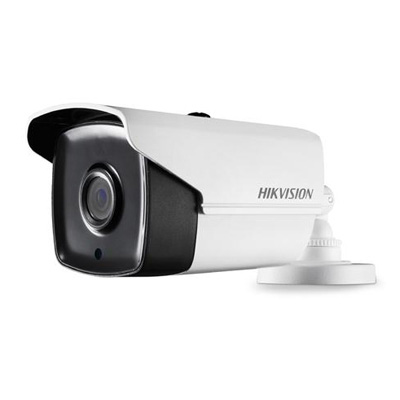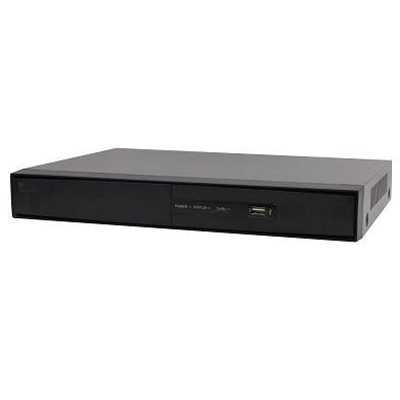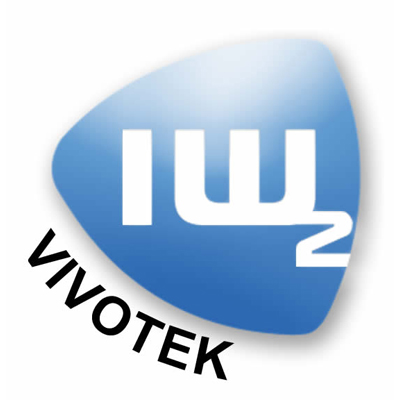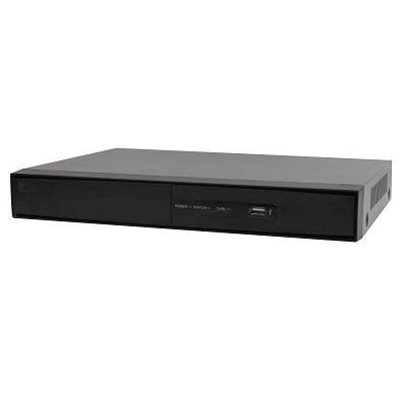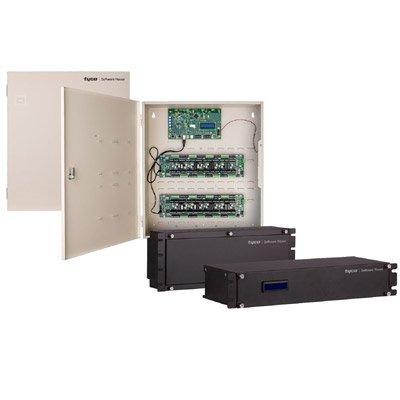HAAS Alert’s Safety Cloud digital alerting platform delivers real-time safety alerts from WZDx-compatible work zones to connected vehicles and infrastructure, the company announced.
Using data feeds developed by state Departments of Transportation (DOT) and other authoritative roadway operators in compliance with the latest WZDx format, Safety Cloud is the industry’s first and only fully-scaled connected safety platform delivering advance work zone warnings to drivers on the road using the vehicle’s embedded capabilities.
Receiving safety alerts
Vehicles from Stellantis brands Chrysler, Dodge, Jeep, RAM, and Alfa Romeo equipped with Uconnect® are the first automobiles capable of receiving these safety alerts directly on the vehicle’s infotainment screen.
HAAS Alert expects additional connected vehicles to begin receiving these alerts later this year. In addition, drivers using Waze and Apple Maps will also receive alerts through Safety Cloud’s integration with those platforms.
WZDx data
WZDx data specification is a product of the USDOT Data for Automated Vehicle Integration initiative
The WZDx data specification is a product of the United States Department of Transportation’s (USDOT) Data for Automated Vehicle Integration (DAVI) initiative.
WZDx data provides updated information on road conditions, including construction events and work zones, that can help connected vehicles, automated driving systems, and everyday drivers navigate more safely through a work zone.
WZDx Demonstration Grants
Agencies in multiple states have already built WZDx data feeds after being awarded WZDx Demonstration Grants by the USDOT in 2021, but the vast majority of work zones nationwide do not currently generate the data necessary to create a WZDx feed.
By providing a means to reach drivers directly inside their vehicles with this data, HAAS Alert believes that WZDx adoption by roadway operators will begin to significantly accelerate.
Safety Cloud integration
WZDx data being integrated into Safety Cloud will be in addition to the work zone data the platform already ingests
The WZDx data being integrated into Safety Cloud will be in addition to the work zone data the platform already ingests from its aftermarket solution and integrations with other leading connect work zone equipment and infrastructure providers.
Products from companies including Hill & Smith, J-Tech, Pi-Lit, Versilis, Wanco, and others already deliver alerts to drivers through Safety Cloud, providing additional safety and protection for thousands of work zone operators nationwide.
Advances in transportation safety
HAAS Alert CEO Cory Hohs says that industry innovators play a critical role in leveraging state and federal initiatives into transformative advances in transportation safety technology.
“The shocking rise in work zone injuries and fatalities on American roads is a crisis that we have to address, and we applaud the USDOT and state transportation officials for spearheading the national effort to address work zone safety through WZDx grants and working groups.”
Immediate protection
HAAS Alert knew that Safety Cloud could provide the key bridge between connected work zones and connected vehicles"
“As an active participant in these efforts and the automotive industry more broadly, HAAS Alert knew that Safety Cloud could provide the key bridge between connected work zones and connected vehicles. We know these alerts will add immediate protection for construction workers and other road workers nationwide.”
More than 115,000 collisions and incursions occur in work zones every year, leading to both worker and driver injuries and fatalities.
Digital alerts
Safety Cloud protects work zone operators and construction workers, emergency responders, and other roadside personnel from collisions and struck-by incidents by digitally alerting approaching drivers of upcoming active incidents and work sites through vehicle infotainment screens and navigation applications.
Digital alerts can reduce driver inattention and dangerous behaviour around work zones such as hard-braking, reducing the likelihood of a collision by up to 90%.
Discover how AI, biometrics, and analytics are transforming casino security











